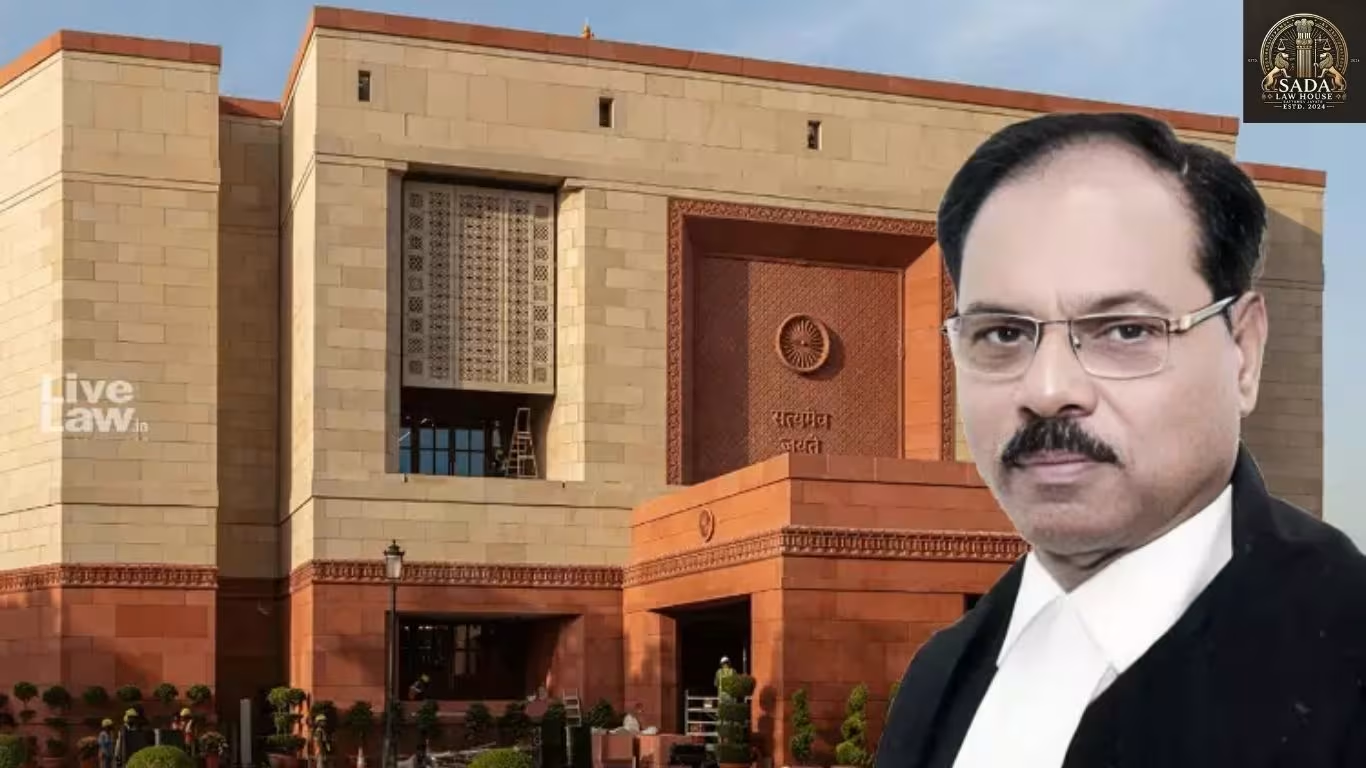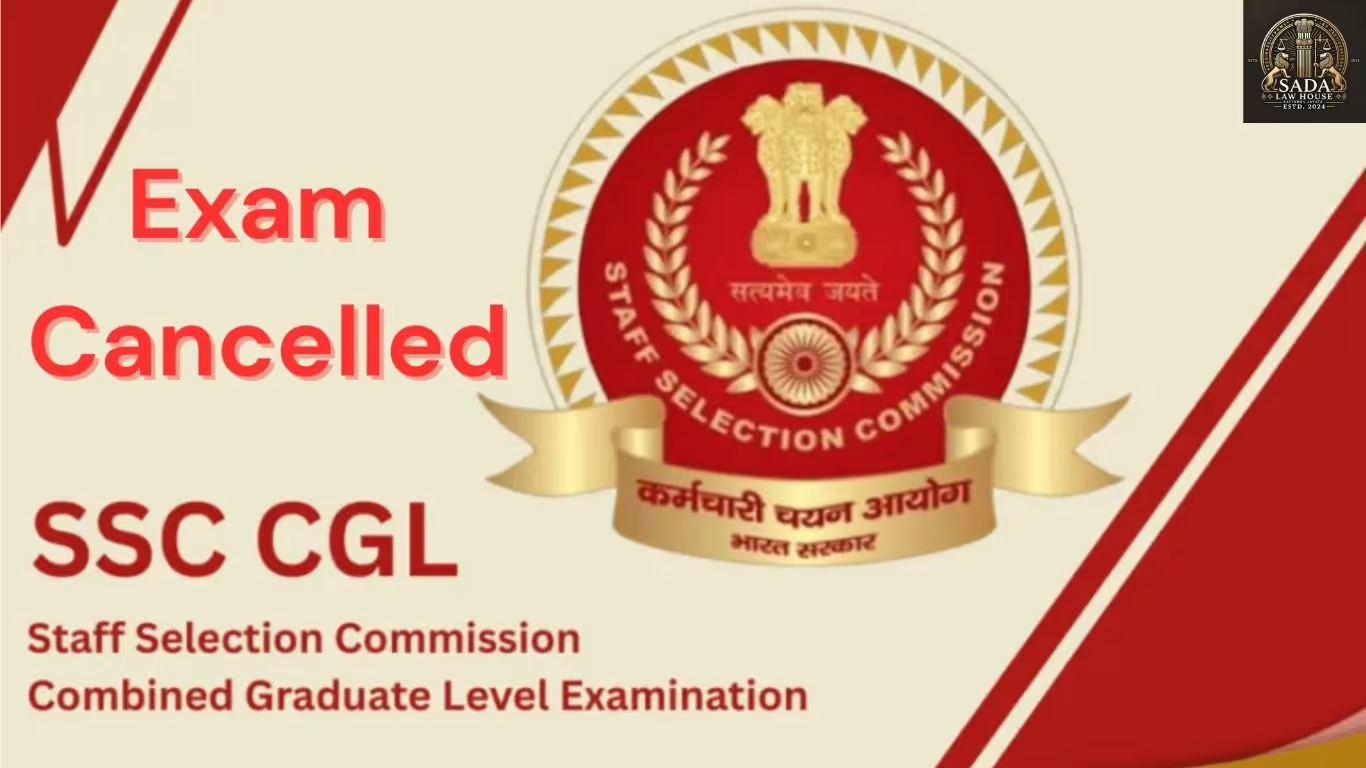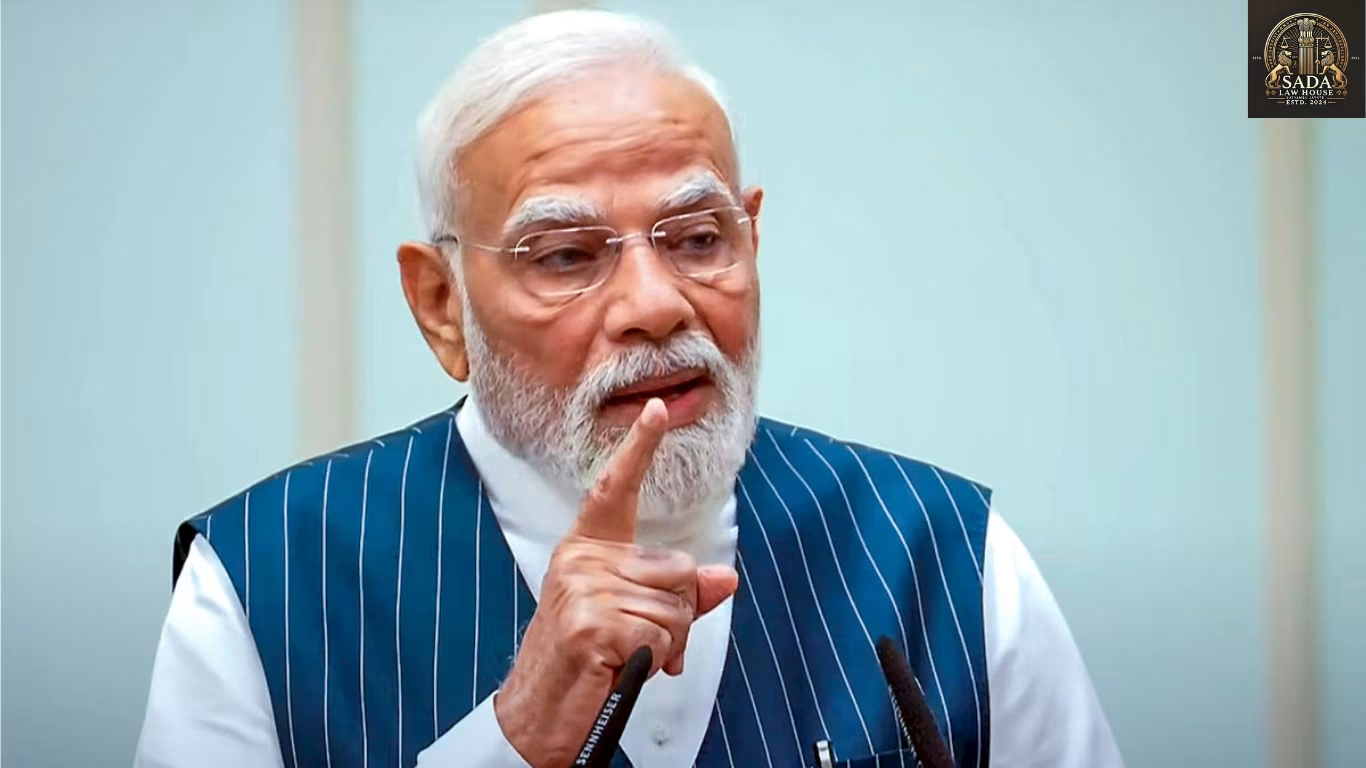Justice Shekhar Kumar Yadav: Impeachment in Limbo
- Kashak Agarwala
- 14 September 2025

Introduction
Justice Shekhar Kumar Yadav of the Allahabad High Court has become the subject of intense controversy following a December 2024 speech containing derogatory remarks against Muslims. Despite calls for his removal, procedural delays and institutional hesitancy have left impeachment proceedings stalled, with the judge now just eight months away from retirement.
Background
Controversial Speech: In December 2024, at a Vishwa Hindu Parishad (VHP) event, Justice Yadav claimed that India would be governed by the will of the majority and used language widely criticized as anti-minority.
Backlash: The comments triggered outrage, with critics arguing that such statements undermine the impartiality expected of a sitting judge.
Impeachment Motion Stalled
Announcement: On 10 December 2024, Rajya Sabha MP and Senior Advocate Kapil Sibal declared that he would move an impeachment motion against Justice Yadav, supported by Lok Sabha MP Aga Syed Ruhullah Mehdi.
Support: Within three days, 55 Rajya Sabha MPs signed the motion. The Judges Inquiry Act, 1968, requires at least 50 Rajya Sabha or 100 Lok Sabha MPs’ signatures for admission.
Verification Delays: By June 2025, after verification, only 44 MPs had reconfirmed their support. The process was further stalled due to the absence of a Rajya Sabha Chairman following Vice-President Jagdeep Dhankhar’s retirement.
The Internal Investigation That Never Occurred
Supreme Court Interest: On 15 December 2024, the Supreme Court noted Justice Yadav’s speech and requested a report from the Allahabad High Court.
Senior Advocates’ Letter: In January 2025, 13 senior lawyers, including Indira Jaising and Anand Grover, urged then CJI Sanjiv Khanna to act, even suggesting a CBI probe.
Collegium’s Attempt: Justice Hrishikesh Roy indicated that Justice Yadav was asked to apologize. Though initially agreeable, he later refused. The Collegium began but then abandoned an inquiry in June 2025, deferring to Parliament’s jurisdiction.
A Stark Contrast
The sluggish response in Yadav’s case contrasts sharply with that of Justice Yashwant Varma, who was swiftly indicted after unaccounted cash was found in his home. Within four months, Parliament admitted a motion signed by 146 MPs, and an investigative panel was formed.
Symbolic Roster Removal
Limited Assignment: In December 2024, the Allahabad High Court restricted Justice Yadav to first-appeal cases.
Reversal: By February 2025, bail matters were reassigned to him, suggesting the roster reshuffle was more symbolic than real.
Conclusion: Time as the Ultimate Shield
Justice Yadav’s case highlights systemic weaknesses in India’s judicial accountability. The impeachment motion is stuck in procedural limbo, the Supreme Court dropped its inquiry, and High Court measures proved temporary. With his retirement due in April 2026, time itself appears to be his strongest shield, raising serious questions about whether accountability mechanisms can ever overcome bureaucratic inertia and institutional reluctance.






